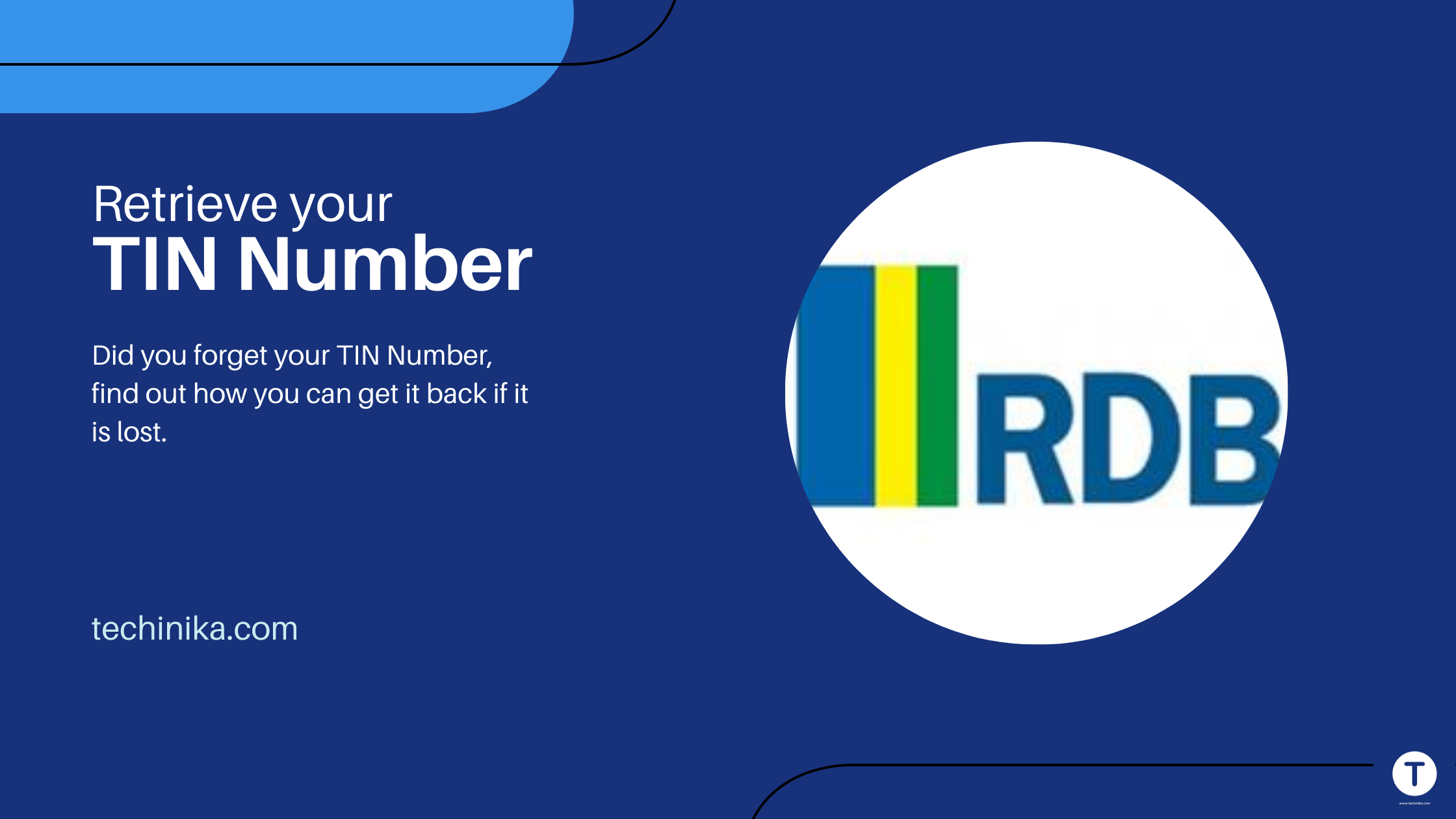Unless you’ve been living entirely off the grid, the terms “crypto currency” and “bitcoin” have likely reached your ears. Regarded as a groundbreaking avenue for substantial financial gains, many enthusiasts tout it as the ultimate moneymaking venture, often supporting their claims with compelling success stories. However, similar to a significant portion of the population, comprehending the complexity of this digital phenomenon might have eluded you. This lack of clarity could be the driving force behind your tendency to explore investment opportunities in this exciting domain!
In this article, we’ll break down the origins of cryptocurrency, how it operates, its pros and cons, and highlight a few well-known examples. We’ll also share our perspective on the matter.
Note: Please be aware that this article does not serve as investment advice. Our aim is to provide you with the information necessary for a better understanding of the subject. If you choose to invest, please only use funds you can afford to lose. We hold no responsibility for any losses you might incur.What is Crypto Currency?
Currency is a word that describes the money used in a specific location. For instance, when we mention Rwandan Francs (RWF), we mean the currency used in Rwanda; when we mention US dollars (USD), we’re talking about the currency used in the United States, and so on. Now, let’s dive into “crypto,” which is short for cryptography. Cryptography involves creating secret codes to conceal information. Only someone skilled in deciphering these codes can understand the hidden message.

When people refer to “cryptocurrency,” they’re talking about a digital form of money secured by a technology called blockchain. Blockchain is a secure system that relies on cryptography. You don’t need to worry about the technical details right now; we’ll cover them in-depth later on.
Where did it come from?

Following the financial crisis of 2008, an anonymous individual or group by the name of Satoshi Nakamoto published a paper on October 31, 2008, introducing the concept of Bitcoin. This marked the introduction of a new kind of currency that operates purely through technology, outside the realm of traditional banking. The currency’s transactions occur directly between two parties, regardless of location or country.
This moment marked a significant shift, as Satoshi’s innovation began to gain momentum. Recognizing the immense potential of this technology, in 2013, Vitalik Buterin and his team launched Ethereum. Ethereum utilized the same Blockchain technology as Bitcoin but introduced its own currency, Ether. Additionally, Ethereum provided a method for anyone to create their own cryptocurrency. This development paved the way for an explosion of creativity in the form of various cryptocurrencies. Presently, it is estimated that there are over 21,910 different cryptocurrencies in existence.

Subsequently, in 2009, the currency began to see actual usage as its software became accessible to the public. At that time, you could exchange this digital currency for traditional dollars. A pivotal moment arrived in July 2010, when one Bitcoin was valued at 0.0008 dollars. By the end of the same month, its worth had surged to 0.8 dollars. This upward trajectory persisted, leading to the current value of a single Bitcoin at 25972.42 dollars. This valuation equates to a staggering 30,926,986.26 Rwandan Francs. (As of 29 Aug 2023)
Who uses Crypto Currency?
In essence, cryptocurrency is accessible to anyone. Satoshi’s creation of Bitcoin was a step taken without foreknowledge of its eventual trajectory. Initially envisioned for business applications, where individuals would utilize Bitcoin to pay in normal transactions, its value surged unexpectedly. Early investors who acquired it when its value was low found themselves with substantial wealth, drawing the attention of numerous others to invest in it.
For instance, an individual who purchased a single Bitcoin for 0.8 dollars now possesses an amount equivalent to over 15 million Rwandan Francs. Remarkably, there was a point where its value even surged to a staggering 60 million Francs.
How do you use Crypto Currency?
Several publicly accessible companies facilitate the purchase of cryptocurrencies, display their prices, allow for comparisons, aid in currency exchanges, and even provide assistance if you wish to convert them into conventional currency. These entities are referred to as Crypto Exchanges. Among the most widely recognized are Binance, Coinbase Exchange, Crypto.com App, and other similar platforms.
While these companies do offer assistance, it’s essential to note that some have encountered issues in the past. Instances have arisen where certain companies took funds from their customers, and cases like FTX and QuadrigaCX even faced bankruptcy due to inadequate asset management. Therefore, if you’re considering partnering with such platforms, conducting thorough research is imperative to ensure their reliability and integrity.
An alternative approach is to purchase cryptocurrency directly from their respective websites, such as Bitcoin or other options. While this method might involve some complexity or necessitate substantial research, it stands as the most secure way to ensure that your funds are directed precisely as intended.
When engaging with cryptocurrency, you possess a confidential code that uniquely identifies you during transactions, distinct from your actual name to ensure that your transactions stay anonymous.
What can you buy with Crypto Currency?
Presently, numerous merchants remain cautious about accepting payments through cryptocurrency. Even prominent supporters like Tesla and others have at times halted such transactions, citing various reasons we will discuss later. However, it’s important to note that there are so many other items you can purchase using cryptocurrencies.

- NFTs (Non-Fungible Tokens): The term emerged in 2014 and gained prominence in 2017. NFTs represent assets safeguarded by blockchain technology, and their acquisition involves cryptocurrency transactions. NFTs predominantly encompass digital artworks, images of animals, and written content. This aspect prompts consideration of the inherent value and possible utility of the acquired items by others. The fundamental idea underscores ownership, affirming the purchaser’s exclusive rights to the item, with this ownership recorded via blockchain technology. The purchase process involves using cryptocurrency. [We’ll explore this subject further in our upcoming discussion.]
- Blockchain-based Games: A new wave of games has emerged that leverage NFTs. Consider traditional games like the classic Snake. If you play without making purchases, you can now engage with games where animals or in-game assets can be acquired using cryptocurrency. These games offer the incentive that if you succeed, you’ll be rewarded with cryptocurrency – a creation of the game’s developers. A notable example is Axie Infinity. However, it’s crucial to mention that several other similar games have faced scrutiny and challenges.
- Certain merchants allow payments in cryptocurrency. You can also contribute to Wikipedia using Bitcoin and make payments to companies like Microsoft, AT&T, Subway, KFC in Canada, Twitch, and numerous others using cryptocurrency for transactions.
Pros and Cons of Crypto Currency
Just like in life, the realm of cryptocurrency offers both benefits and drawbacks. We’ll delve into the advantages that cryptocurrency brings, along with the disadvantages that might make you cautious or prompt you to use it to shield yourself from potential risks.
Pros

The significance of using cryptocurrency extends beyond mere buying and selling transactions.
- Cryptocurrency holds practical value beyond financial transactions, including its application in shopping. Notably, certain cryptocurrencies, known as Stable coins, maintain stable prices comparable to traditional currencies. Tether, for instance, is designed to mirror the value of the dollar.
- One of the advantages of cryptocurrency is its ability to facilitate global payments without incurring additional fees. When you send cryptocurrency to someone in a different country, the process is equivalent to sending it domestically—no extra charges are applied beyond the standard transaction fee.
- Security is a notable aspect of cryptocurrency. This economy isn’t governed by a single entity, either government or any company; instead, technology itself serves as the governing force.
- When using cryptocurrency, your profile remains private and isn’t publicly disclosed. Engaging with crypto grants you an anonymous profile, shielding your identity from others.
- Cryptocurrency helps protect against currency depreciation. Traditional money loses value over time, but crypto can act as a shield against this. While cryptocurrencies can fluctuate, they offer better preservation of value compared to small denominations of regular money.
Cons
Here are potential issues that can arise from using cryptocurrency:
- Due to the lack of regulatory oversight, cryptocurrencies can become a haven for illicit trade.
- If you forget your wallet identifier (passcode), your funds remain locked in your wallet until you recall it. However, if you fail to remember it, your funds are effectively lost.
- Despite the absence of a regulatory body for cryptocurrencies, the owners of these assets can influence their prices, potentially leading to fluctuations that could jeopardize regular individuals.
- Errors made in crypto currency transactions are irreversible.
- The process of mining, which involves specialized computers managing the economic transactions of cryptocurrencies, particularly Bitcoin, requires substantial energy and impacts the environment.
- When utilizing a Crypto Exchange, your personal data is at risk of being pilfered by hackers. Companies that facilitate cryptocurrency trading, as mentioned earlier, store wallet information in a way that can be vulnerable to breaches. This can grant hackers access to such information. Notable incidents of information theft have impacted companies like Bitfinex and Mt. Gox, with the majority of stolen funds being associated with Bitcoin.
Popular examples of Crypto Currencies
Indeed, Bitcoin holds a prime position as one of the most renowned cryptocurrencies, often considered the pioneer in this field. Yet, as we’ve explored, there are numerous other notable cryptocurrencies. Let’s now delve into some of the most prominent ones.

- Ethereum (Ether)
- Tether (USDT)
- USD Coin (USDC)
- BNB
- Binance USD (BUSD)
- Dogecoin
- Cardano
- Dai
- Tron
- Polygon
The common misconception
Misconceptions sometimes lead people to equate cryptocurrency with money stored in mobile wallets like Momo or traditional bank accounts. However, cryptocurrency diverges significantly from these forms of currency. While you can tangibly possess Rwandan currency on your phone, its nature remains consistent. In contrast, cryptocurrencies like Bitcoin exist purely in digital form and lack a physical counterpart. To make practical use of Bitcoin or similar cryptocurrencies, you must first convert them into your local currency.
Author’s Note: It’s important to acknowledge that cryptocurrency remains a relatively new technology. As it operates independently of external control, various derivatives have gained publicity, often endorsed by celebrities or individuals with substantial social media followings. Regardless of how much trust you place in these figures, it’s crucial to exercise caution. Before committing your funds, take the time to fully comprehend the situation. It’s worth noting that many individuals promoting cryptocurrencies are compensated for their endorsements, even though they might not fully grasp the complexities involved. While some exploit the lack of understanding in the public to their advantage, not all cryptocurrencies are without merit. Careful research is vital.
Thank you for acknowledging the importance of understanding cryptocurrency and its potential pitfalls. It’s indeed crucial to spread this knowledge and help others avoid common misconceptions. Sharing accurate information about cryptocurrency can empower people to make informed decisions and navigate this evolving landscape with confidence. If you have any more questions or topics you’d like to discuss, feel free to ask.
Thank you for reading, if you liked this post, it is possible that you will love other posts from us, join our community on WhatsApp if you want to learn more about what we do, visit our corporate website or use our email [email protected] to reach out to us.



